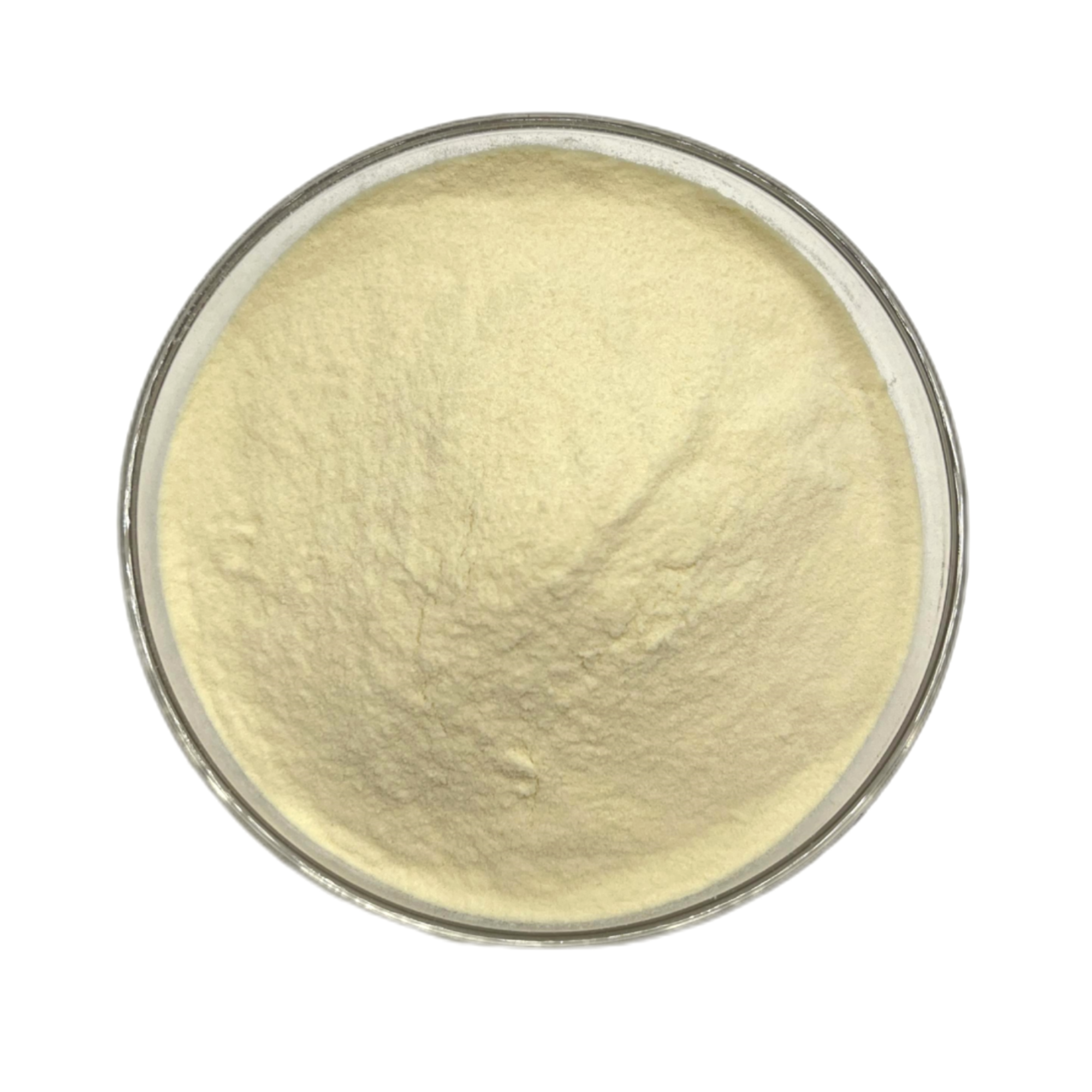Аминокиселинските удобривања се непреценлива ресурс за фермерите кои сакаат да ги развијат културите во безбеден и природен начин. Овие специјални удобривања се состојат од аминокиселини, долгите низови молекули што формираат протеини. Но, што точно се аминокиселински удобривања и како можат да помогнат на фермерите да производат здрави култури, додека исто така барем одговорни кон surrounding? Нека пронајдеме!
Ролата на аминокиселински удобривања во земјоделството
Аминокиселинските удобривања помагаат на растенијата да добијат питомите елементи што им требаат за да растат јачи и здрави. Овие удобривања содржат критични аминокиселини Цианурна киселина (Стабилизатор) )кои помагаат на растенијата да ги спроводат другите питатива во земјата, како што се азотот и фосфорот. Како резултат, фермерите можат да користат помалку традиционален вид губрена кој може да биде штетен за околината и уште да им даваат на своите култури неопходните питатива за да процветуваат.
Еколошки предности на губрена со аминокиселини
Кога фермерите ги користат губрена со аминокиселини во органска агрокултура, околината се однесува на многу начини. Прво, тие се изведуваат од природни извори, па затоа не содржат штетни хемикалии што би могле да се просочат во земјата и водата. Второ, цианурик ацид губрена со аминокиселини прават подобар работ за да дозволат на растенијата да ги спроведат питативата, што значи дека ќе има помалку надворешни питатива што се пранат во реките и потоците. Ова е тоа што го чува вода чиста и дозволува на растенијата и животните да живеат во простории каде што водата била.
Здравјето на земјата се подобрува со губрена со аминокиселини
МАЛ УСПЕХ ПРИ КОРИСТУВАЊЕТО НА АМИНОКИСЕЛИЧНИТЕ ДУБРЕВИ Е ШТО ОНИ ГО ДОЗВОЛУВАА ЗЕМЈИСТТОТА ДА СЕ ОДРЕДНО ЗДРАВЕША. ФЕРМЕР МОЖЕ ДА ЗГOLEМА БРОЈОТ НА ПОЛЗЕТЕЛНИТЕ МИКРООРГАНИЗМИ В ЗЕМЈИСТТОТО СО ДОДАВАЊЕ НА АМИНО киселина . ТИЕ МИКРООРГАНИЗМИ ГО ПОТРЕБВАА ОРГАНИЧКИО МАТЕРИJАЛ И ГИ ОСВОБОДУВАА ПОДНЕСИТЕ ШТО РАСТЕЊАТА ПОТОЦАСТВАНО ГИ ИСКААТ ЗА РАСТЕЊЕ. ОДНАПРЕ, АМИНОКИСЕЛИЧНИТЕ ДУБРЕВИ ГИ НАЛАГОВАА ПОДНЕСИТЕ ДА БИ ПОДОБРИ ЗА РАСТЕЊАТА, ЗБИРАМ ДЕКА МОЖЕ ДА СЕ КОРИСТИ МАЛА КОЛИЧИНА ДУБРЕВ ЗА ИСКРАТЕН РАЗДОБИЛ.

 EN
EN








































